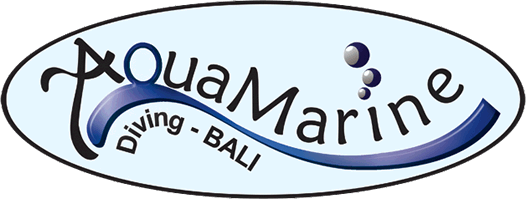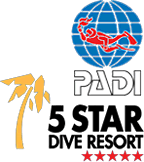Eco-Friendly Divers
by Ara, AMD-B’s Environment Officer
For most scuba divers it is self-evident we should be concerned by what we are facing beneath our oceans. As ocean users, the least we can do is be responsible for ensuring our behaviour has minimum negative impact and follows eco-friendly practices. The ‘Climate Change Crisis’ is very high on the list of priorities AND everyone is able to makes changes anytime, anywhere.
Why are scuba divers boldly geared up to be Ocean Ambassadors?
- Coral is the most diverse, complex, rich, and valuable ecosystem which also contributes an enormous amount of oxygen (a lot more than trees) and supports our life resources.
- Divers have the privilege of exploring the underwater realm. Despite the fact we can’t control what other people do, we can demonstrate to non-divers who cannot see the ugly journey of our waste. Over and above, human destructive behaviour always ends up using the ocean as their landfill.
- Divers are witnesses of how our planet is becoming devastated. When the ocean is destroyed, it will give domino effect to our daily life, it also applies in vice versa. What scuba divers see, and pass on, helps the public to understand and visualise what we shouldn’t do AND what we can do to help our planet.
This century’s technological sophistication help us to simplify into intelligible information for the public by using social media.
The ‘ocean issues’ divers mostly find are:
– Coral cover degradation,
– Ocean destructive waste,
– Diminutive biodiverse fishes.
These are the indicators where we can see how powerfully land activity impacts coastal areas.

Why destroy; why not preserve this beautiful nature?
How does all of this integrate with land residents behaviour?
First, humans throw away their solid non-degradable waste in uncontrollable amounts. Nowhere in Indonesia does the local population have an adequate waste management programme. There is no regional or government collection. So, where do you think it will all end up? It will accumulate in one place, over a long period of time, then it rains and so the debris moves, piece by piece slowly to the nearest rivers – and everything that goes to river will be end in the ocean.
Second, liquid household waste that contain hazardous ingredients that can jeopardize water and soil. Which again! it will finally run into the ocean.
Third, coral degradation can be caused by many things such as destructive land-waste, unsustainable fishing, misleading ‘reef-safe’ sunscreen ingredients, bad in-water activity behaviours, and the most important climate change: A rise in ocean temperature causing coral bleaching.

Eating plastic “jellyfish” kills turtles – turtles are a key species to control ocean balance.
PADI’s ‘Adopt the Blue’ is a path to restore corals at sites where major coral decline has occurred. The goal is to create a new spawning and nursery ground for marine creatures.
AMD-B is also committed to ‘Dive Against Debris’. The programme provides an excellent network to expand what divers have done and record those efforts to then publish on our social media.

AMD-B’s Monthly Commitment to ‘Dive Against Debris’
Here I help the summary!
All human lives depend on the ocean – The oceans depend on our on-land behaviour – Scuba divers have help protect our ocean barriers! (Of course everyone can lend a hand. There are millions of things non-divers can also do to make our ocean and planet better protected).





